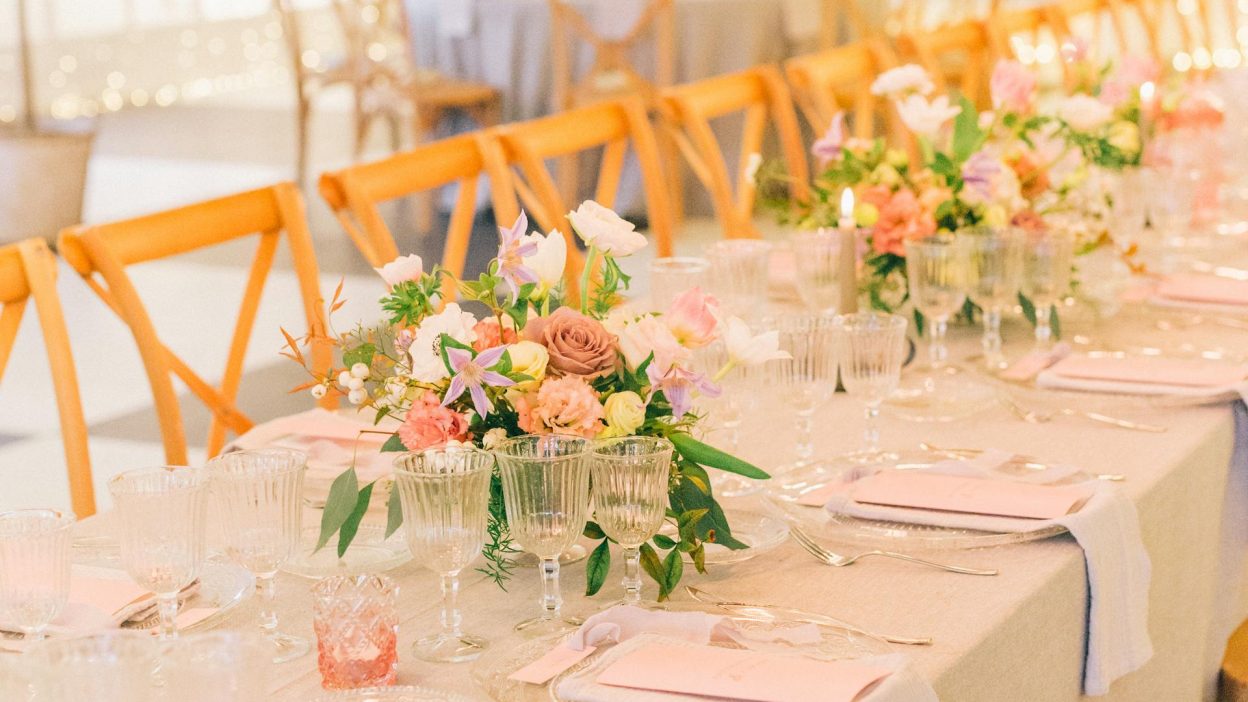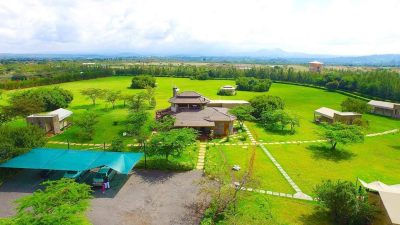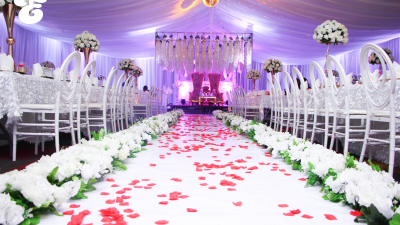Unfortunately, hosting an event in Kenya can mean accidents, injuries, or unexpected drama. That’s why thinking about safety tips before the big day is just as important as planning the menu or the playlist.
When it comes to organising an event in Kenya, unfortunately, safety isn’t always the first thing on our minds. We’re more focused on who’s coming, what we’ll eat, and how everything will look. But ignoring safety can turn a beautiful day into a mess real quick.
Imagine a child tripping over loose wires, a guest slipping on a wet floor, or worse—unwanted strangers causing trouble. It would be bad!

Photo by Silvia Trigo
The good news? A few simple steps can make a huge difference. So, as you plan your next event, you must take a few extra steps to ensure everything runs smoothly. Your guests will thank you, and you’ll enjoy the day without worry.
Keep reading for detailed tips on how to make your next event in Kenya not just fun, but safe for everyone.
7 Safety Tips for Hosting an Event in Kenya
1. Get a First Aid Kit

Photo by Alem Sánchez
Hosting an event in Kenya means expecting the unexpected. Someone might trip, get a small burn from the grill, or even a cut from opening a soda bottle. That’s why a first aid kit is a must-have. It helps you handle minor injuries before they become big problems.
A basic first aid kit should have bandages, antiseptic wipes, painkillers, gauze, and a pair of scissors. You can get a basic one for less than Ksh. 1000 from Jumia or Nairobi Safety Shop Ltd. Keep the kit in an easy-to-reach place—maybe the kitchen or near the main sitting area—so you or any responsible guest can grab it fast.
2. Manage Cables Correctly
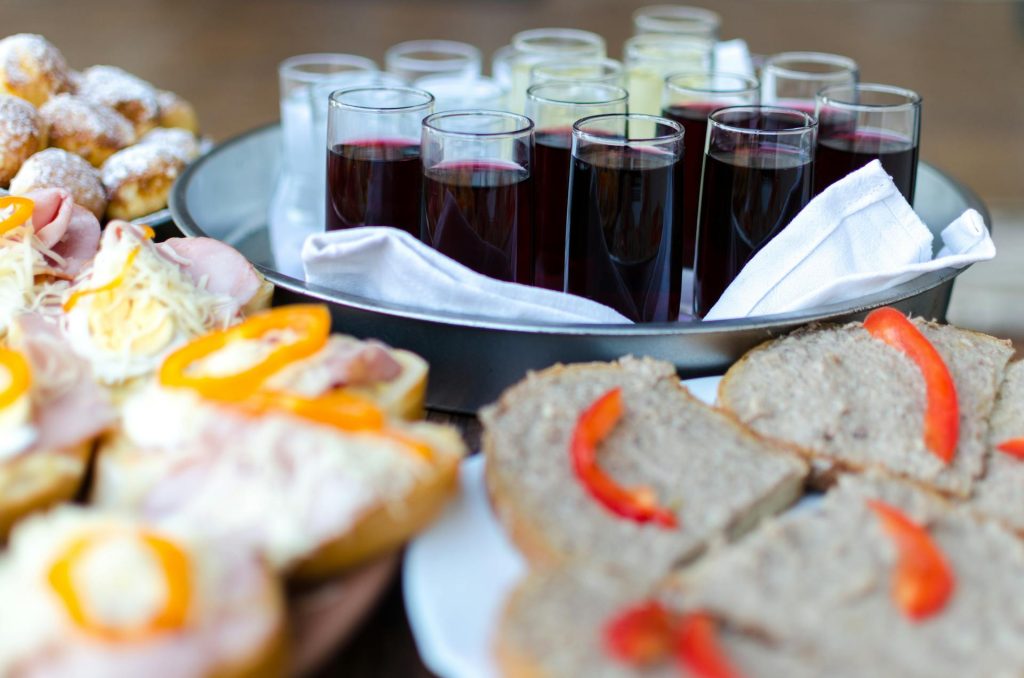
Photo by Lukas
Nothing kills the vibe at an event in Kenya faster than someone falling over loose wires. Whether it’s speaker cables, extension cords, or fairy lights, messy wiring is a hazard. Tripping can cause injuries, and worse, damage your equipment.
To prevent this, tape cables to the floor or walls using strong tape. Ask for electric tape from your local electrical shop. Alternatively, you can get mounting or double-sided tape from China Square. If you’re setting up outdoors, keep wires away from walkways or cover them with a rug (just make sure it’s not a slipping hazard too!).
Also, avoid overloading sockets—too many plugs can cause a short circuit or even a fire.
3. Manage Alcohol Responsibly
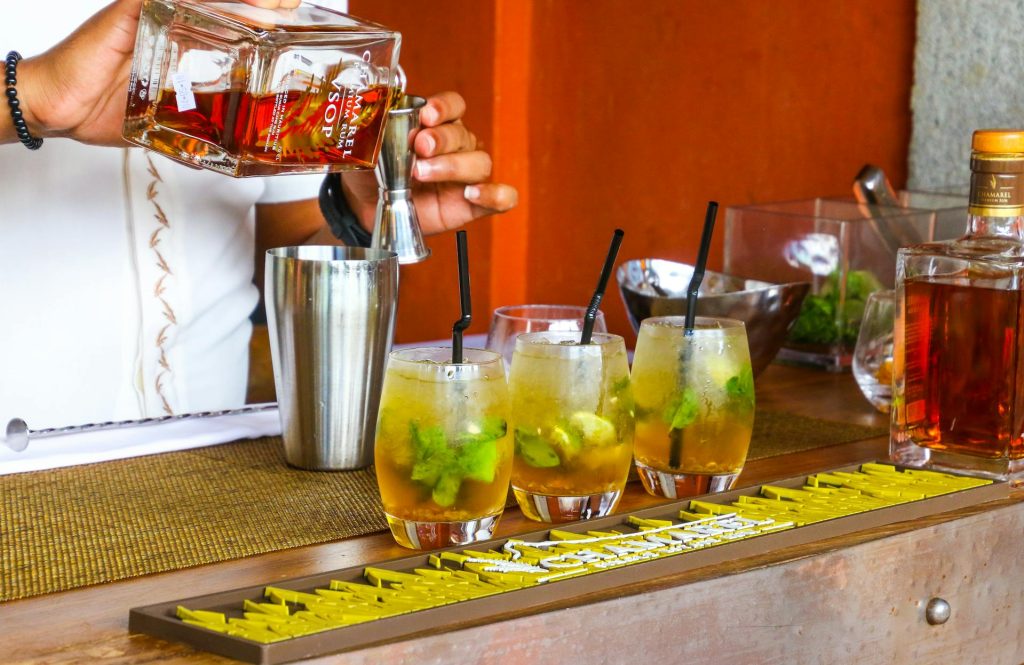
Photo by Magda Ehlers
If your event in Kenya involves alcohol, keep things under control. Too much drinking can lead to fights, accidents, or even drunk driving, which is a serious risk. You don’t want your fun gathering turning into a police case.
First, serve alcohol in moderation. If it’s a home event, control how much is available. Also, provide plenty of water and food—this slows down alcohol absorption and keeps guests from getting too drunk too fast.
Additionally, watch out for guests who’ve had too much. If someone is visibly drunk, stop serving them. And of course, make sure minors do not have any. Remember, safety tips like these ensure your event stays enjoyable (and legal) for everyone.
4. Take a First Aid Lesson or Two
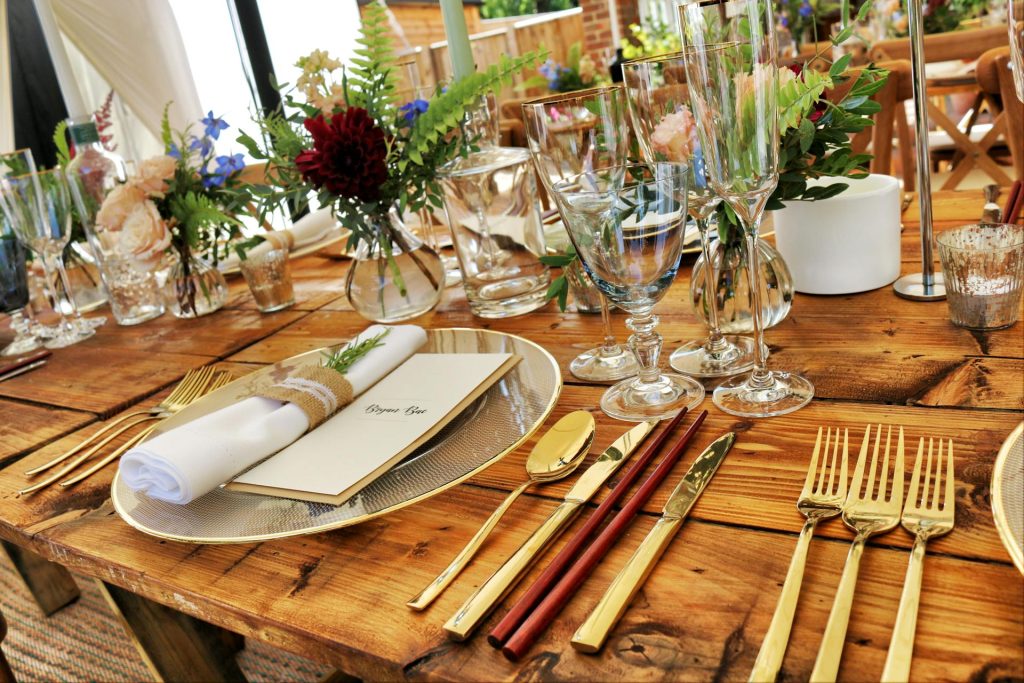
Photo by Mat Brown
When hosting an event in Kenya, knowing basic first aid can be a game-changer. Sure, you’ve got a first aid kit (as we mentioned earlier), but what’s the use if you don’t know how to properly clean a wound or help someone who’s choking?
A little knowledge goes a long way in preventing small accidents from turning into big dramas.
Consider taking a short first aid course from organisations like the Red Cross. In Kenya, the Red Cross teaches simple but life-saving skills like CPR, how to stop bleeding, and what to do if someone faints. Alternatively, you can find tutorial videos online that can help—just make sure they’re from reliable sources.
Additionally, you should identify someone at your event who knows first aid—maybe a nurse friend or a trained colleague. Having that extra layer of preparedness means you can relax a little more, knowing you’re ready if anything happens.
5. Manage Parking Well
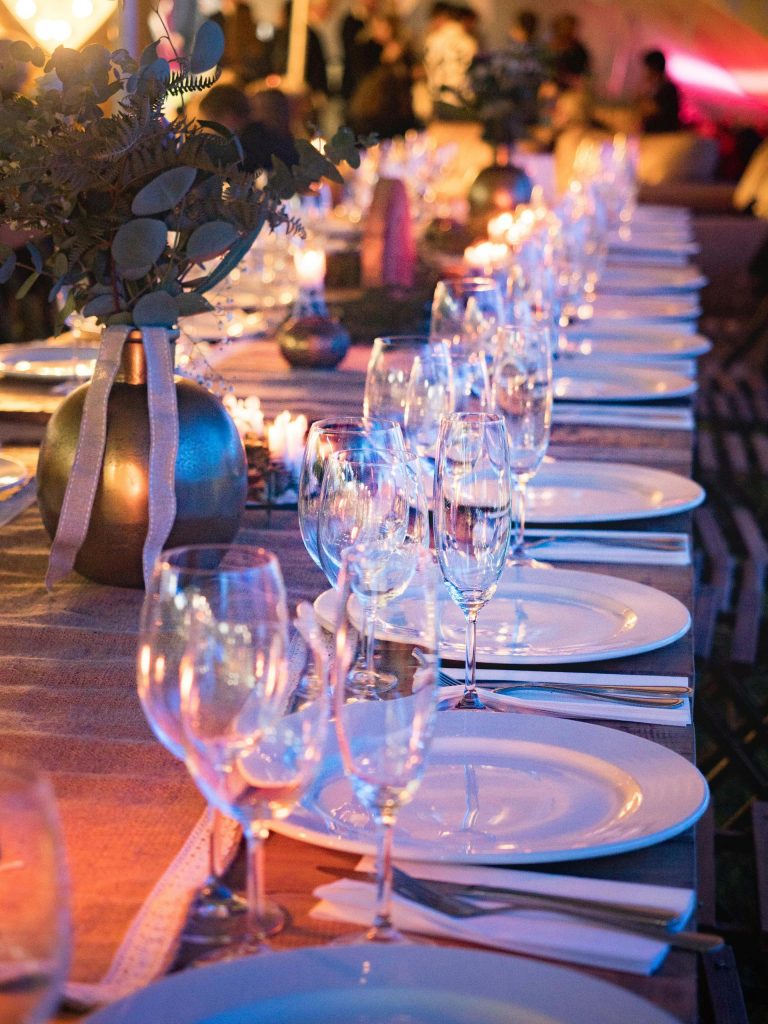
Photo by Tembela Bohle
Parking might not seem like a safety issue, but poor parking arrangements can cause chaos when hosting an event in Kenya. Cars blocking driveways, angry neighbors, or even minor scratches from tight squeezes can quickly ruin the mood.
First, plan where guests will park in advance. If space is limited, ask some neighbours if you can use their compound for a few hours (a small token of appreciation never hurts). Alternatively, hire a parking attendant to direct cars safely.
Furthermore, if your event is in an area with security concerns, advise guests to park where their cars can be seen. A well-lit, secure parking spot prevents theft or break-ins, keeping everyone’s mind at ease.
6. Confine the Party in One Space
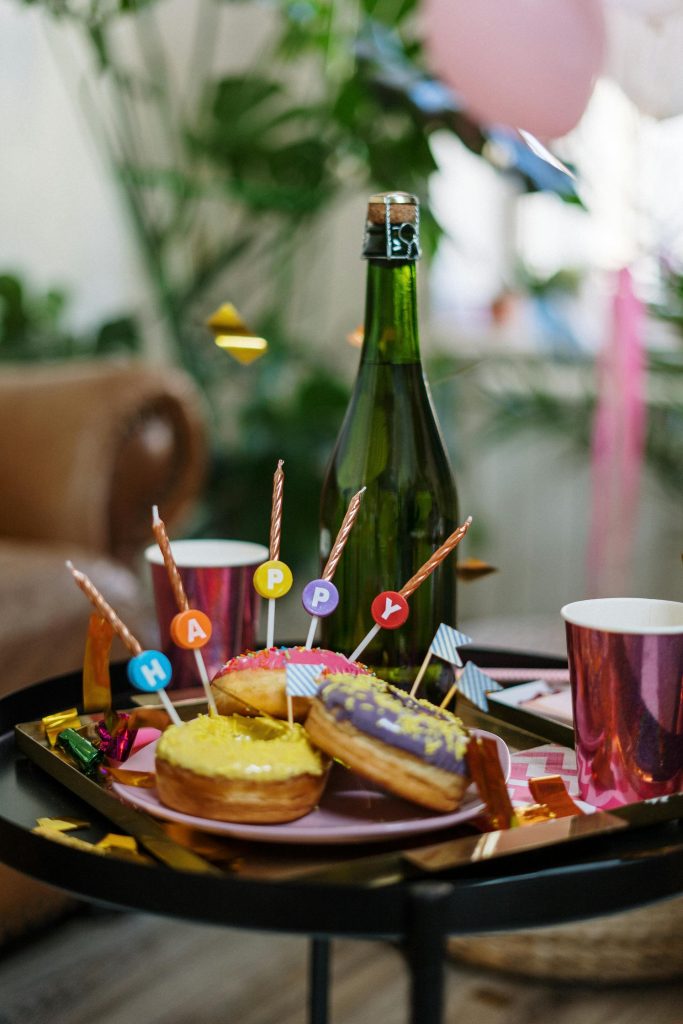
Photo by cottonbro studio
When hosting an event in Kenya, especially at home, it’s easy for guests to spread out—kids running to the backyard, uncles sneaking off to drink in the garage, teenagers taking selfies near the stairs. But the more scattered people are, the harder it is to keep them safe.
Designate a main party area and make it clear where guests should (and shouldn’t) go. If there are dangerous spots—like a slippery balcony, a loose staircase, or a storage room with sharp tools—lock them.
Additionally, if you’re using tents or outdoor spaces, ensure they’re stable and secure. A wobbly tent or poorly placed chairs can lead to accidents, especially if people are dancing or moving around. Keeping the party in one controlled space makes it easier to manage and much safer for everyone.
7. Take Care with Pets
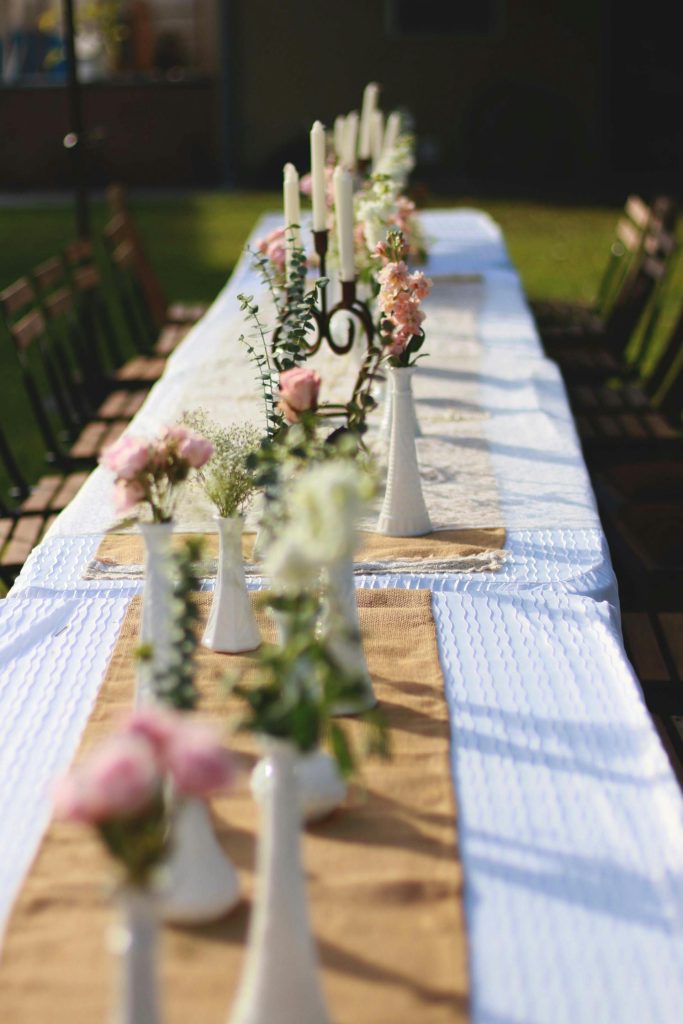
Photo by Jessica Cortez
If you have pets, think carefully before letting them roam freely during your event in Kenya. That friendly dog or curious cat might be part of the family, but some guests could be allergic, scared, or simply not used to animals.
Also, your pet could roam outside the gate and go missing.
Therefore, if possible, keep pets in a separate room with food, water, and their favourite toys. This reduces their stress and prevents accidents. Alternatively, ask a trusted friend or family member to watch them in another part of the house.
Additionally, it is always best to warn guests in advance if you have pets—some might need to take allergy medicine or prepare mentally if they’re uncomfortable around animals. A small heads-up can prevent sneezing fits or panic when your dog decides to greet everyone enthusiastically.
Wrapping It Up: Your Safe & Stress-Free Event Starts Here!
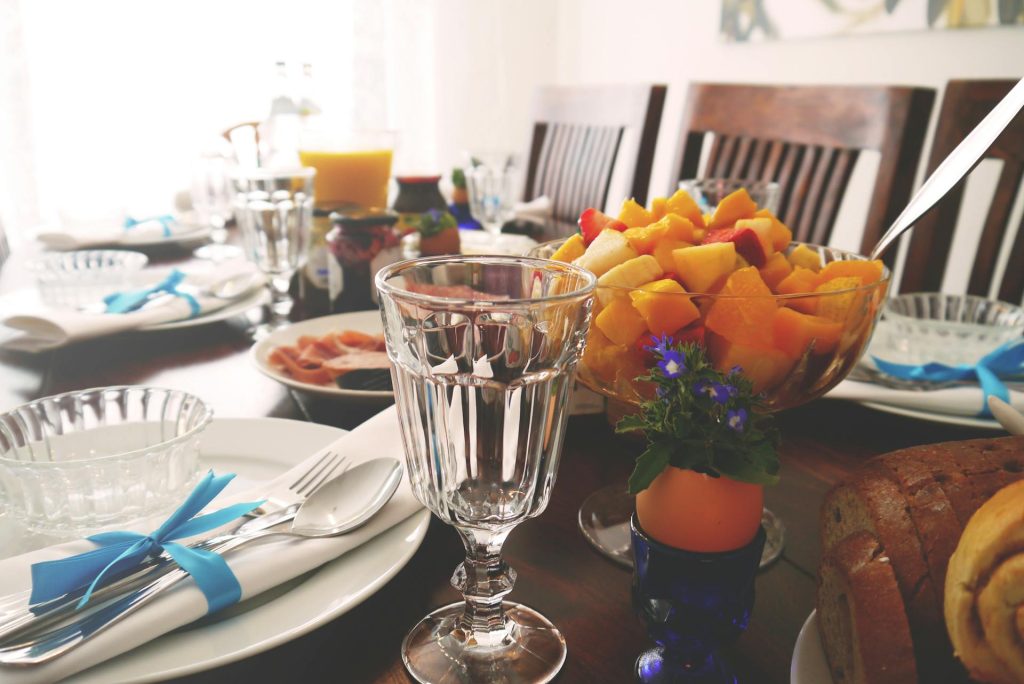
Photo by Lum3n
Hosting an event in Kenya should be about creating happy memories, not dealing with avoidable mishaps. By following these practical safety tips, you’re not just planning a great party; you’re ensuring that everyone leaves with smiles, not scratches or stories of “that one time things went wrong.”
From keeping a first aid kit handy to managing parking like a pro, each small step you take adds up to a smoother, safer experience for you and your guests. Remember, the best events aren’t the ones with the most expensive decor or the loudest music—they’re the ones where everyone feels comfortable, cared for, and free to enjoy themselves without worry.
